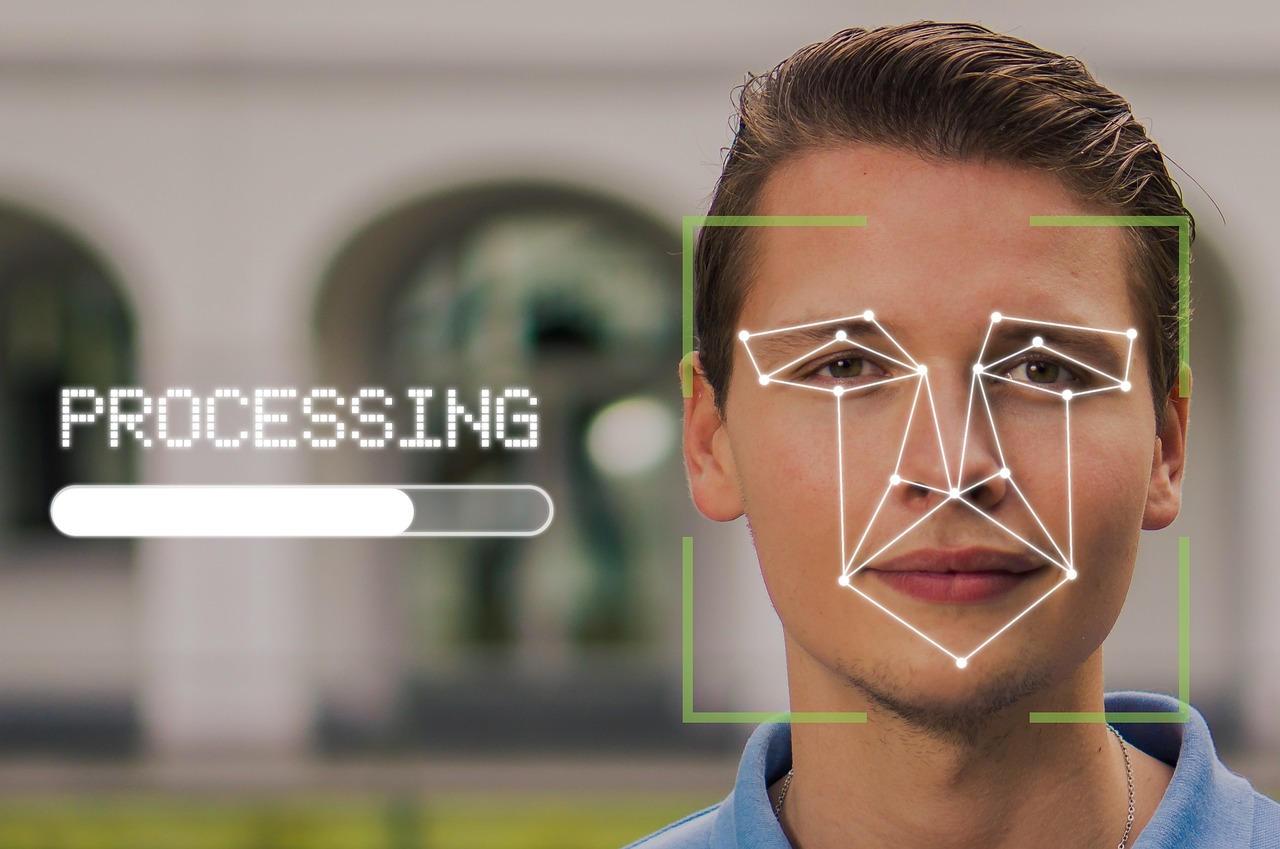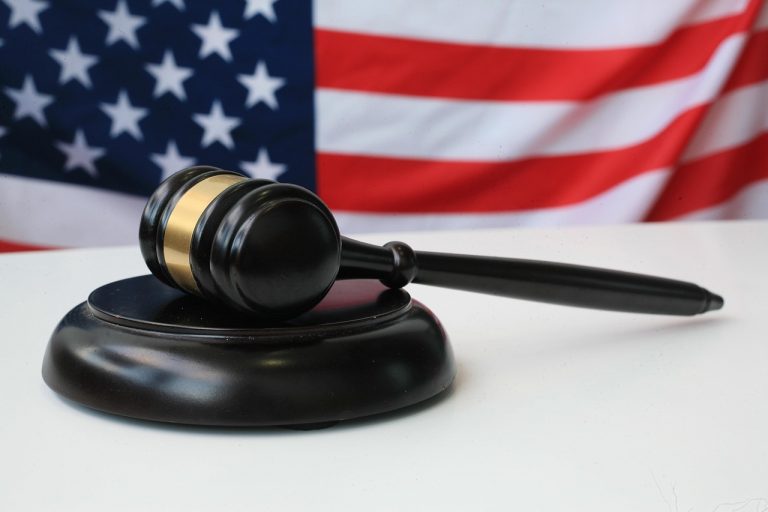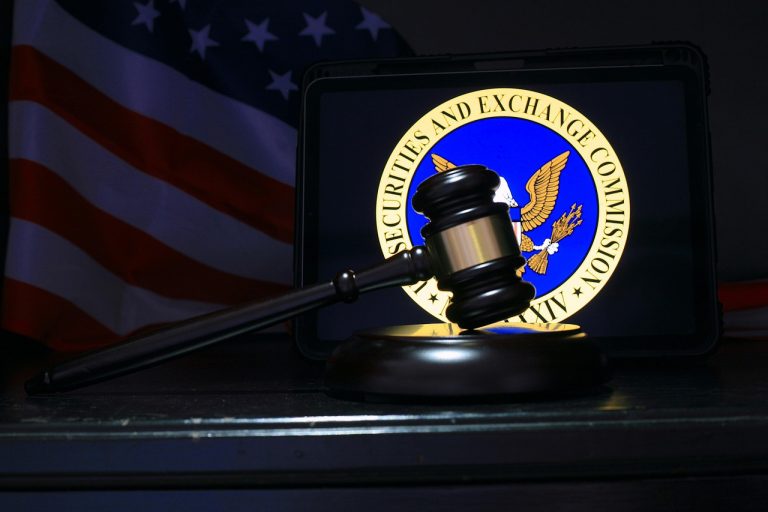
A group of 12 senators has urged the Department of Homeland Security (DHS) to investigate the use of facial recognition technology in U.S. airports, raising concerns over the lack of privacy safeguards audits and independent evaluations of the technology’s accuracy.
The letter highlights plans by the Transportation Security Administration (TSA) to soon implement the technology in small and medium-sized airports, increasing the total number of facilities utilizing it to 430 nationwide. The senators questioned the necessity of facial recognition, noting that TSA already employs CAT-1 scanners capable of verifying the authenticity of documents without photographing passengers.
The authors emphasized that the system’s deployment in hundreds of airports is proceeding without an independent assessment of its accuracy or an analysis of data protection measures for passengers. They also pointed out that TSA has yet to provide Congress with evidence proving the technology’s effectiveness in detecting fraudulent documents, reducing wait times at security checkpoints, or preventing terrorists from boarding planes.
TSA officials have previously stated that facial scanning is not mandatory. However, the senators noted that the agency’s leadership recently announced plans to extend the technology beyond checkpoints, potentially making it compulsory in the future. The letter references a statement made by the TSA Administrator at a conference last year, suggesting that the program could evolve into the largest federal surveillance database without congressional approval.
The senators called for a thorough review of the technology’s efficacy, its actual impact on speeding up screenings, and its effectiveness in preventing individuals on watchlists from boarding aircraft. They also urged an evaluation of the processes for collecting, storing, and deleting passengers’ biometric data.
Facial recognition systems have long been a contentious issue among politicians and civil rights advocates. For instance, reports have recently emerged suggesting the potential use of this technology to identify and track migrant children at the border, including infants—a prospect that raises serious ethical and practical concerns.
Additionally, over the past four years, DHS has collected DNA samples from more than 1.5 million immigrants, storing the data in a database used for criminal investigations. This practice has sparked significant public outcry and debate, as the DNA collection applies even to individuals detained for short periods.
In October, further controversy arose when news surfaced about AI-powered cameras in the U.S. allegedly monitoring Americans’ political affiliations. These cameras, initially designed for license plate recognition, have reportedly been capturing images of political signs on private property, individuals wearing politically themed clothing, bumper stickers, and other personal details.


